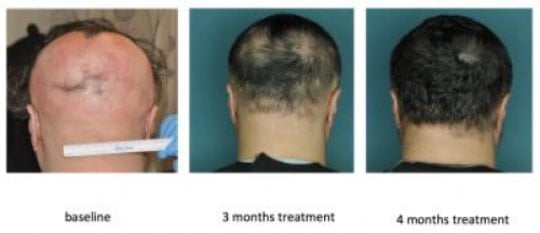
Last week, Dr. Reddy’s Laboratories Ltd sold two neurology drug brands for $110 million and certain royalty payments that will be received in future. In April, too, the company had entered into a similar agreement to sell a dermatology brand.
These divestments mark a crucial change in its strategy. Along with generics and active pharmaceutical ingredients, drug discovery used to be a focus area for the company. In the fiscal year 2016 annual report, chairman K. Satish Reddy had lauded the progress made by the firm in proprietary drugs, saying it would be one of its growth drivers.
Three years hence, the company is shrinking the drug discovery unit. As price erosion in the generic drug business began undermining profitability, pharmaceutical companies are pressed to control costs, particularly product development. Glenmark Pharmaceuticals Ltd is another case in point.
Apart from selling proprietary drugs, Dr. Reddy’s has also sold a couple of manufacturing units. Cumulative proceeds from the recent drug sales should be sufficient for the proprietary business’s research and development (R&D) costs for the next two years, driving it towards self-sustainability, says Edelweiss Securities Ltd. “In proprietary products, Dr. Reddy’s incurred ~ ₹400 crore losses in FY19, adjusted for the sale of three dermatology brands to Encore, which generated ~$30 million. The upfront cash flow of $110 million+$30 million from the sale of total five proprietary products should eventually finance R&D for two dermatology products and one neurology product, which Dr. Reddy’s expects to file in CY19,” Edelweiss analysts said in a note.
This will help the company contain costs, furthering its profitability objective. But for investors tracking the Indian pharma industry trajectory, the whole episode is a cautionary tale.

Apart from cost pressures, the retraction from drug discovery also underscores the patchy progress of Indian firms in product development and commercialization. The experience with specialty drugs, in particular, demonstrates this. These drugs, which are priced higher and have limited competition, are expected to make up for revenue loss from the pressures in the generic drugs business (thereby yielding growth at the company level). But, as seen at Sun Pharmaceutical Industries Ltd and Lupin Ltd in recent quarters, the ramp-up has been rather gradual, even as upfront costs continue to mount. Importantly, as one analyst points out, Indian companies lack the ideal specialty drug portfolio in a given category, because of which they don’t enjoy scale benefits. In this backdrop, Dr. Reddy’s decision to sell its branded products is seen as a strategically right move. “Given our long-standing concerns over the scalability of Dr. Reddy’s proprietary products strategy, and questionable product selection track record, we believe the divestitures are a correct step,” analysts at Kotak Institutional Equities said in a note.
[“source=livemint”]





















